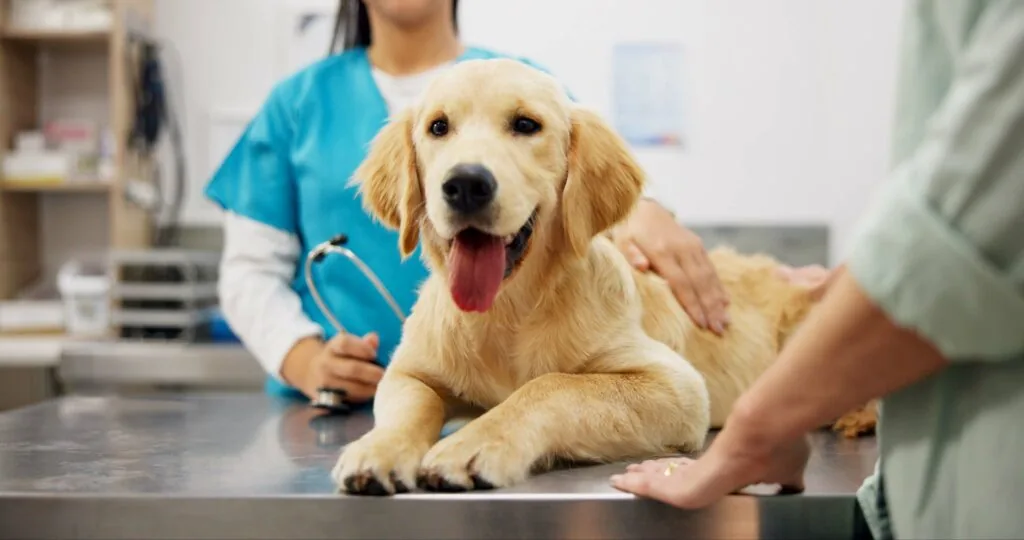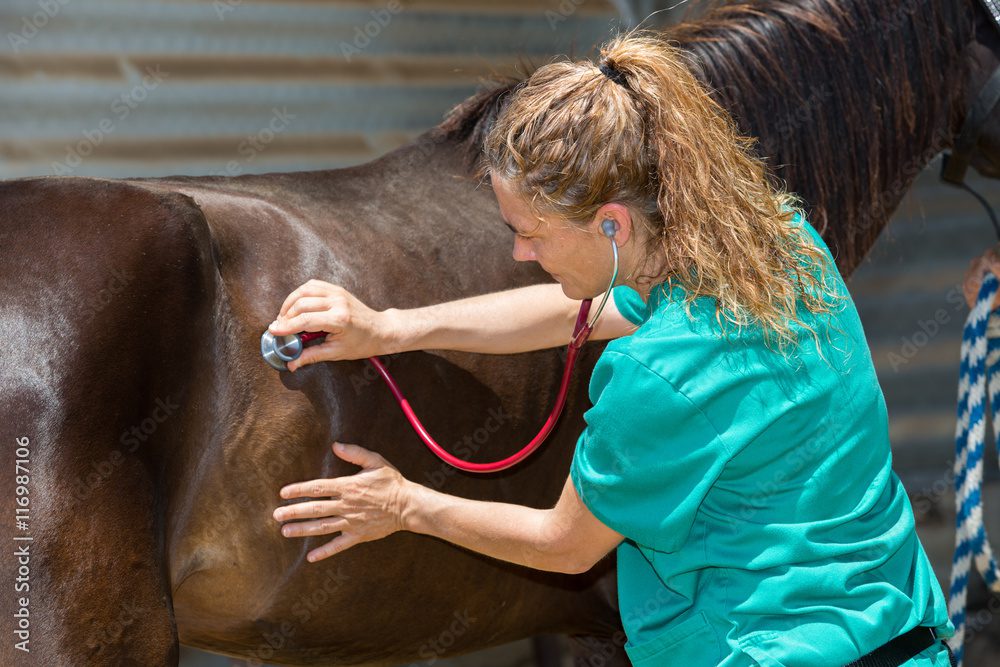Understanding Heartworm Disease and How to Prevent It
Heartworm disease is a serious and potentially fatal condition—especially for dogs in the Southeast, where mosquitoes are active for much of the year. Prevention is simple, but treatment is expensive and risky.
At Southcentral Veterinary Services, we emphasize year-round prevention as the best way to protect your pet.

What Is Heartworm Disease?
Heartworm disease is caused by Dirofilaria immitis, a parasitic worm spread by mosquitoes. Once bitten, your pet can become a host to heartworm larvae, which migrate through the body and settle in the heart, lungs, and blood vessels.
If left untreated, heartworms can grow up to 12 inches long and lead to:
-
Heart failure
-
Lung disease
-
Organ damage
-
Death in severe cases
Which Pets Are at Risk?
-
Dogs are the primary host and most at risk
-
Cats can also contract heartworms, though they often have fewer worms and different symptoms
-
Even indoor pets are vulnerable if a mosquito gets inside
Signs of Heartworm Disease
In dogs:
-
Coughing
-
Fatigue
-
Labored breathing
-
Weight loss
-
Swollen abdomen (due to fluid buildup)
In cats:
-
Vomiting
-
Gagging
-
Asthma-like symptoms
-
Sudden collapse or death
Prevention Is Key
There are several safe, effective options:
-
Monthly oral or topical preventives
-
6- or 12-month injectable preventives (for dogs)
-
Annual heartworm tests to ensure your pet stays protected
Prevention costs a few dollars a month—treatment can cost thousands and poses serious risks to your pet.
Is your pet protected? Call us or Book an Appointment to get started or refill their prevention today.
Share This
Recent Posts
About Southcentral Veterinary Services
Southcentral Veterinary Services is here to ensure that you and your pet can access a variety of high-quality, progressive medical services. Our aim is to serve our patients and clients with integrity, compassion, and a focus on being your primary family vet.



